Description
Partnerships between farmers (particularly smallholders) and exporters for market access, knowledge exchange and technical support are a common feature in Kenya’s horticultural industry. This paper uses case-studies of the partnerships between smallholder cut-flower farmers and exporters in Kenya to investigate the role of these partnerships in fostering learning and innovation. The paper argues that while high costs of technology, knowledge intensity of production, limited access to capital and stringent market standards connive to exclude smallholders from lucrative export markets, these partnerships have in-built extension and advisory services that help build the farmers’ capacities. The paper examines two case- studies, one involving a contractual partnership (smallholders/exporters) and the other, a non-contractual partnership (medium-scale farmers/exporters), in order to explore the role of institutional arrangements within these partnerships and how these affect interactions,
learning and capacity-building. The paper applies mainly qualitative approaches including in-depth interviews, documentary analysis and participant observations to conclude that whereas the dominant literature portrays a ‘lock-in, lock-out’ scenario in the majority of such partnerships, the proper institutional set-up and governance arrangements could enhance opportunities for learning and innovation for smallholder farmers.

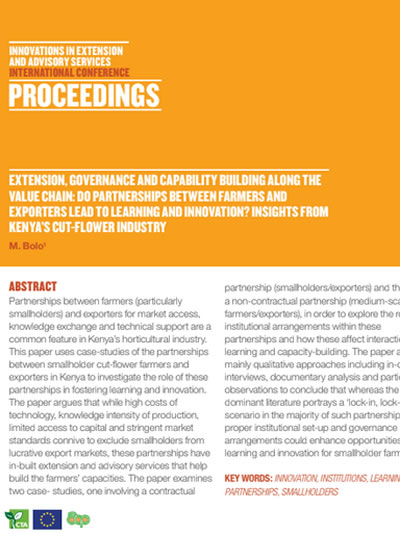
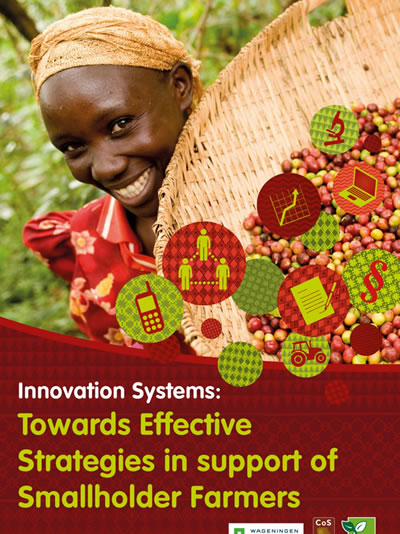
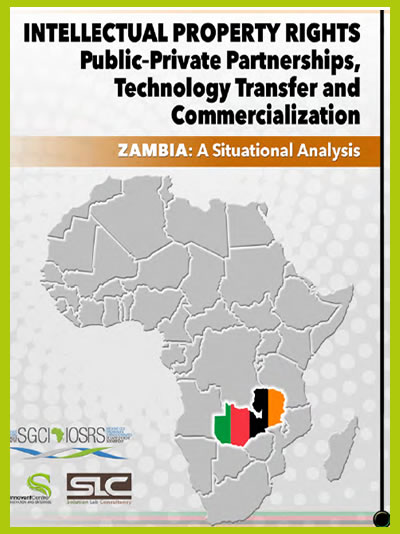
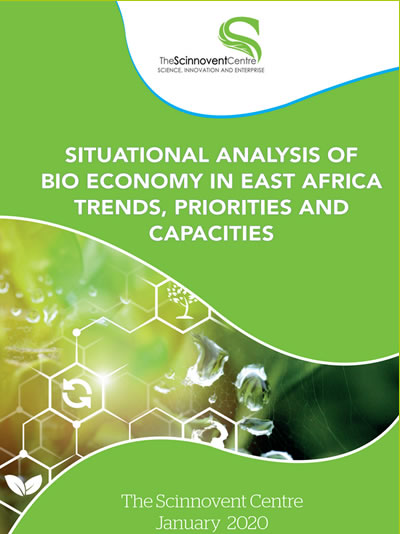
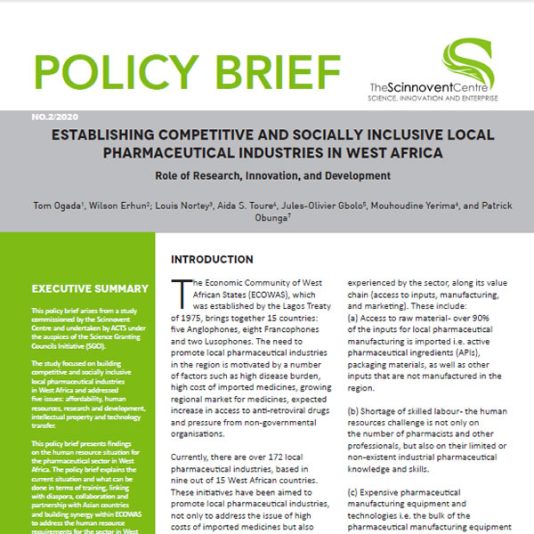
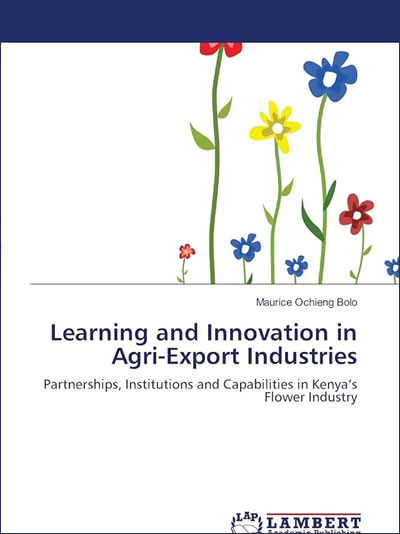
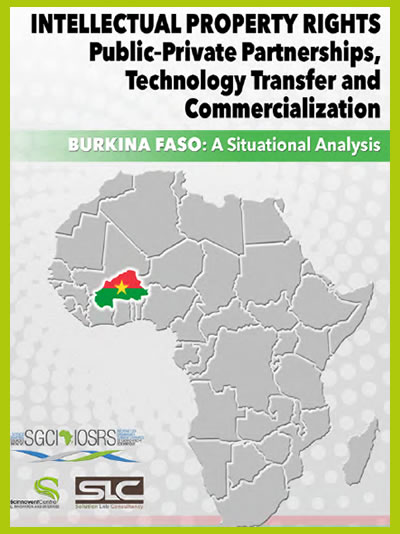
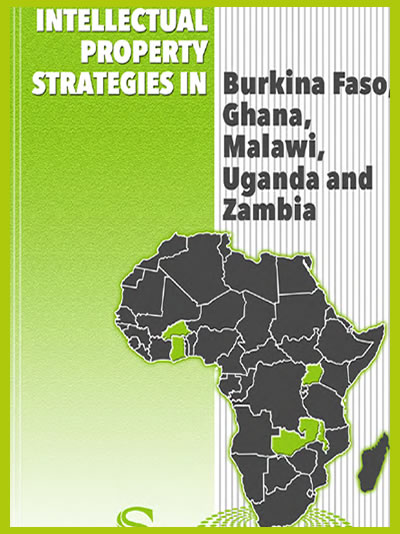
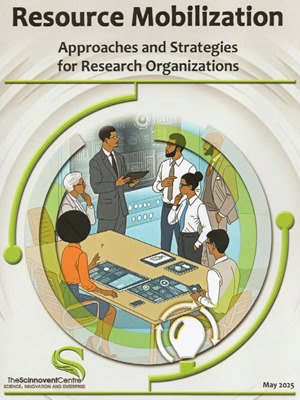
Reviews
There are no reviews yet.